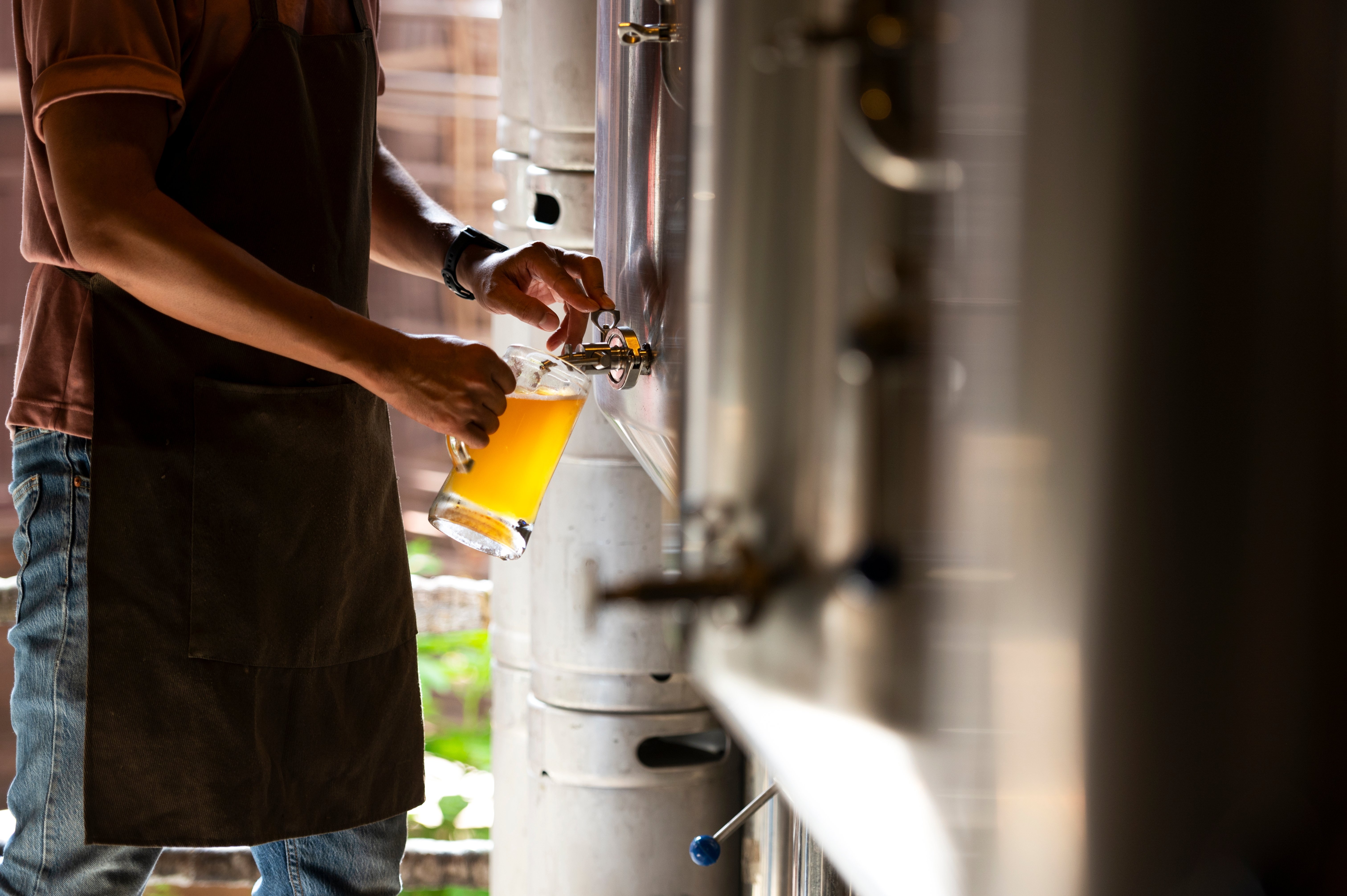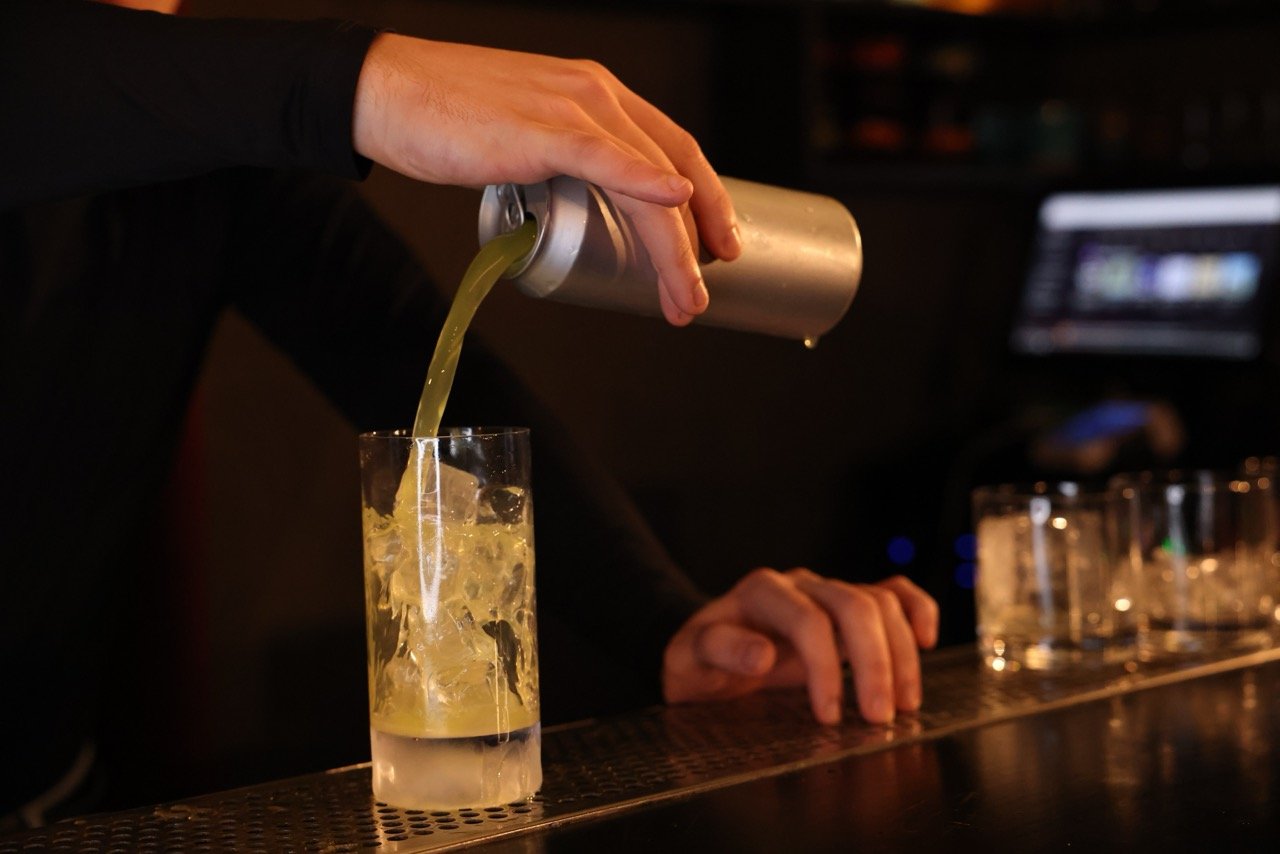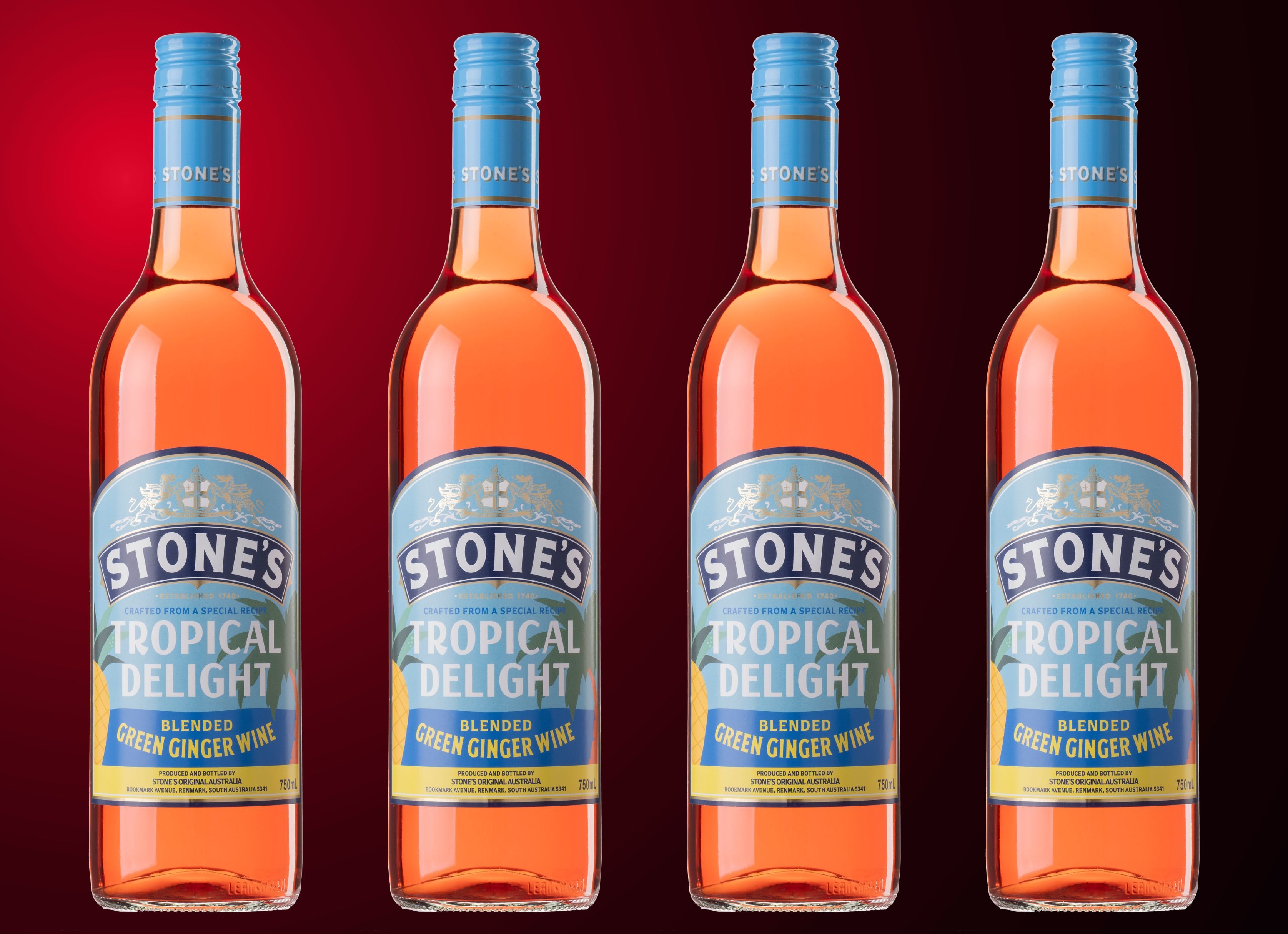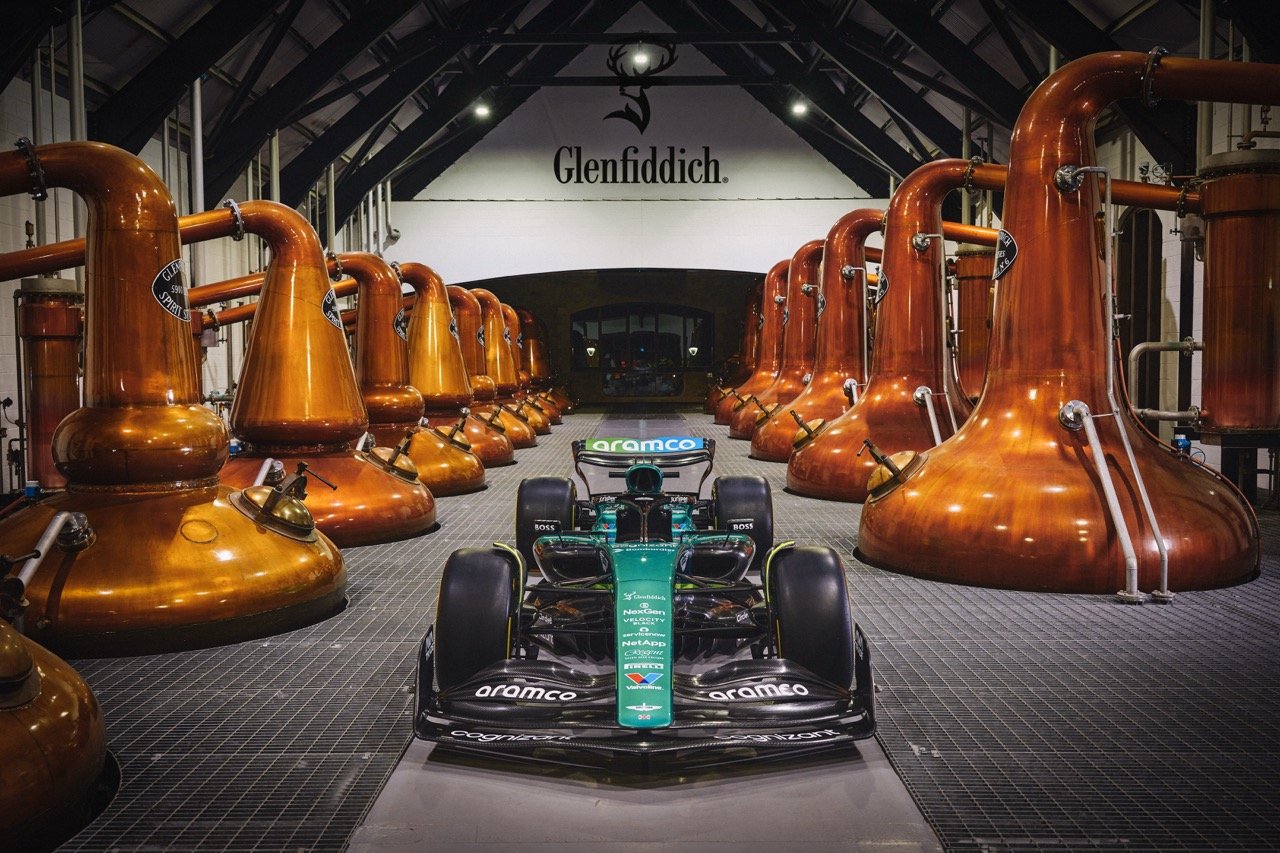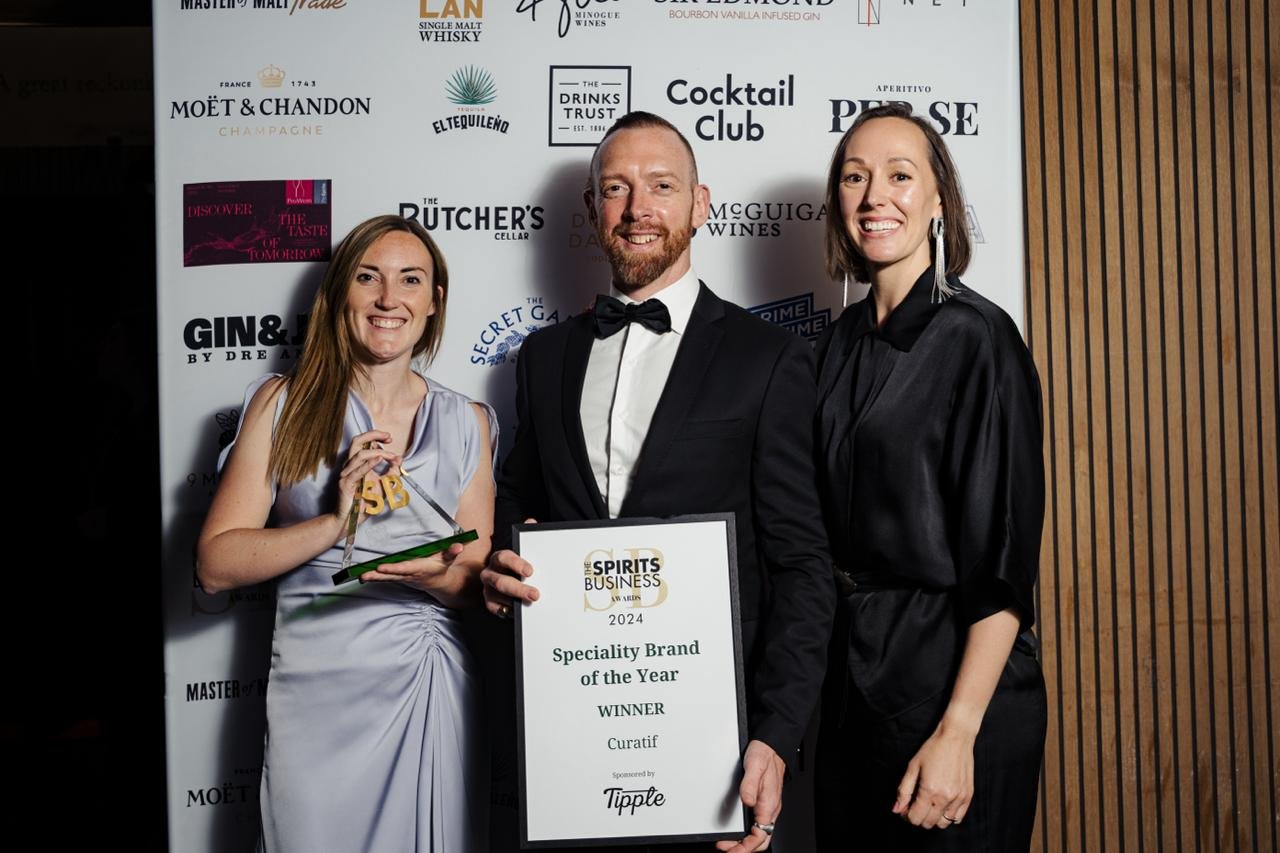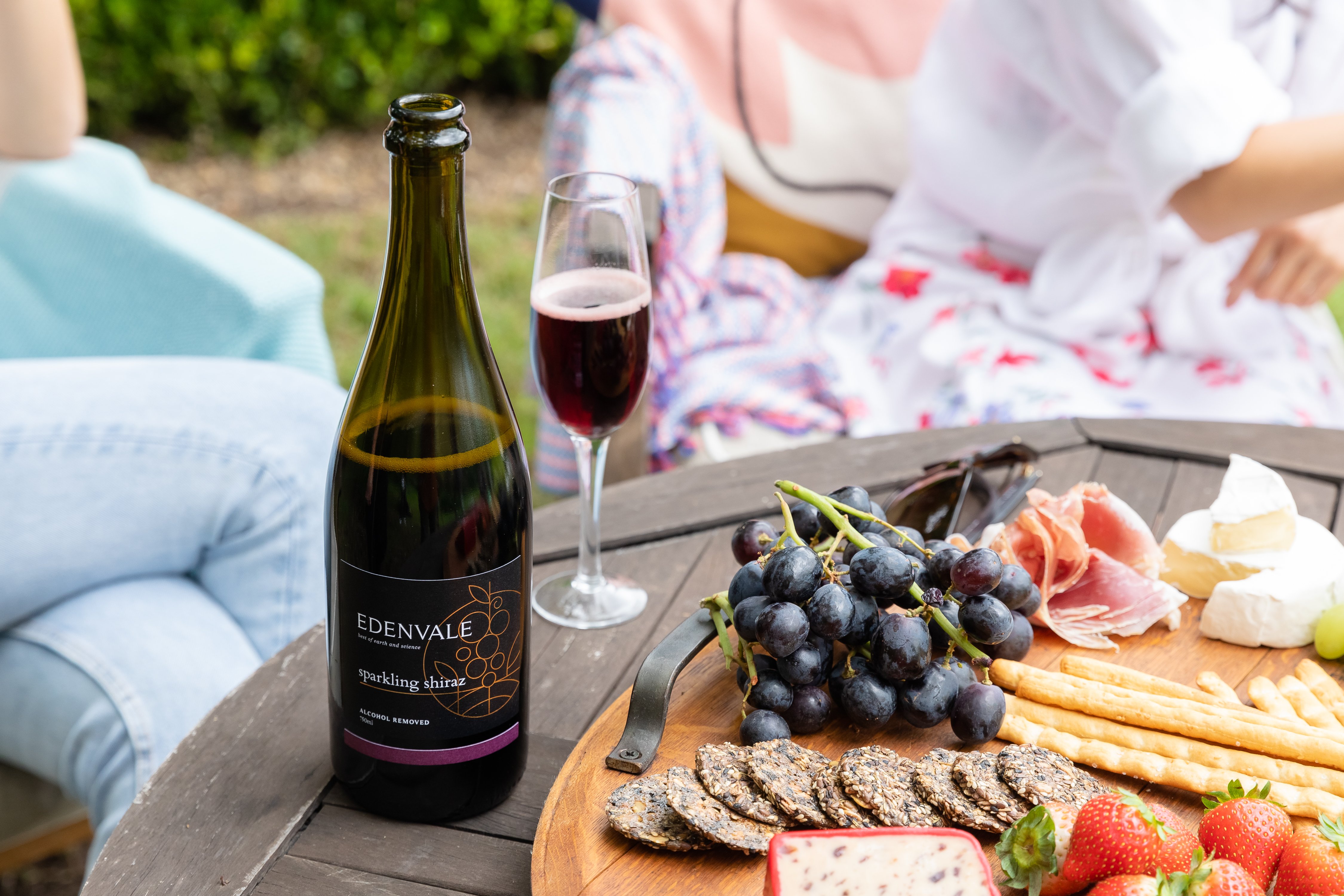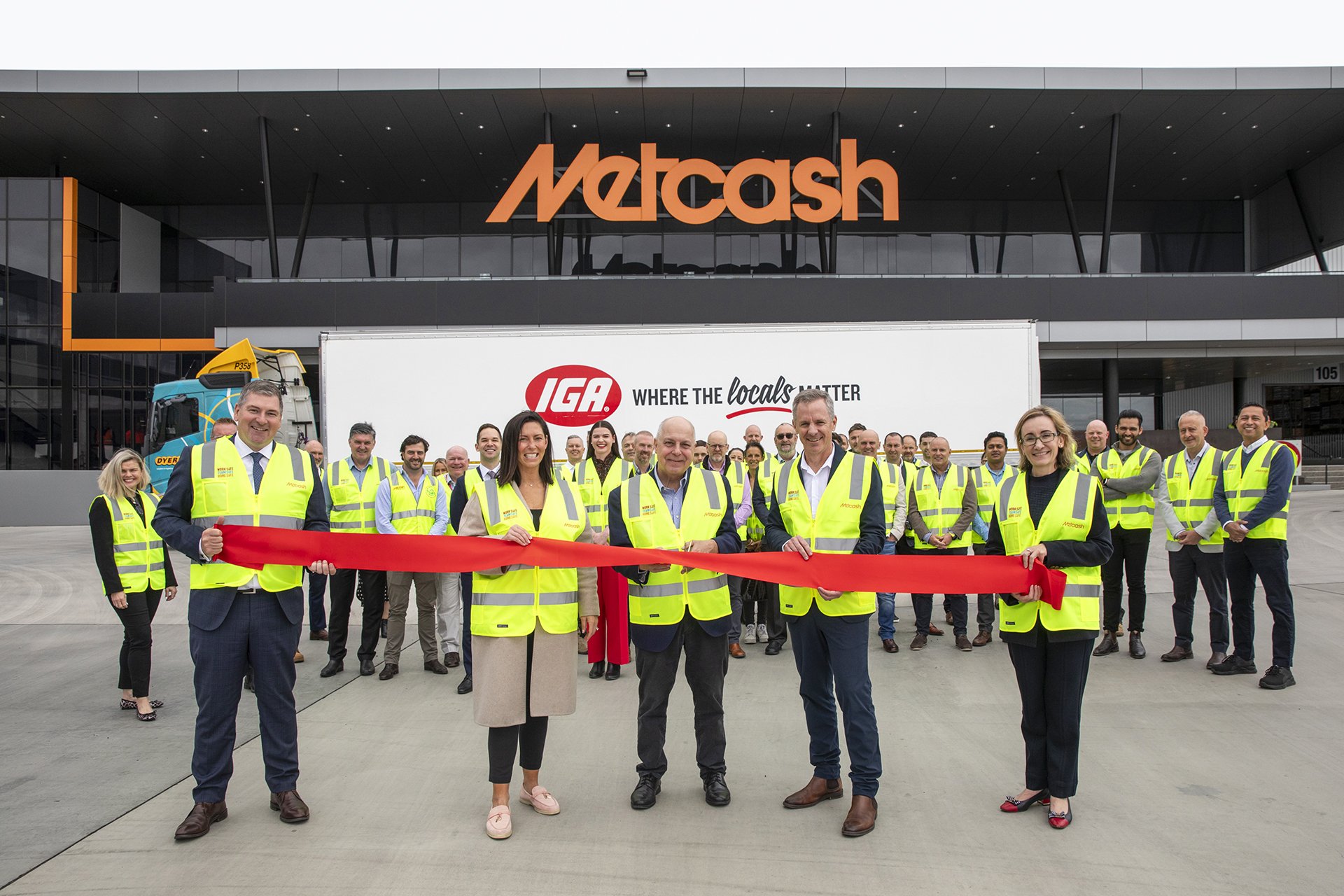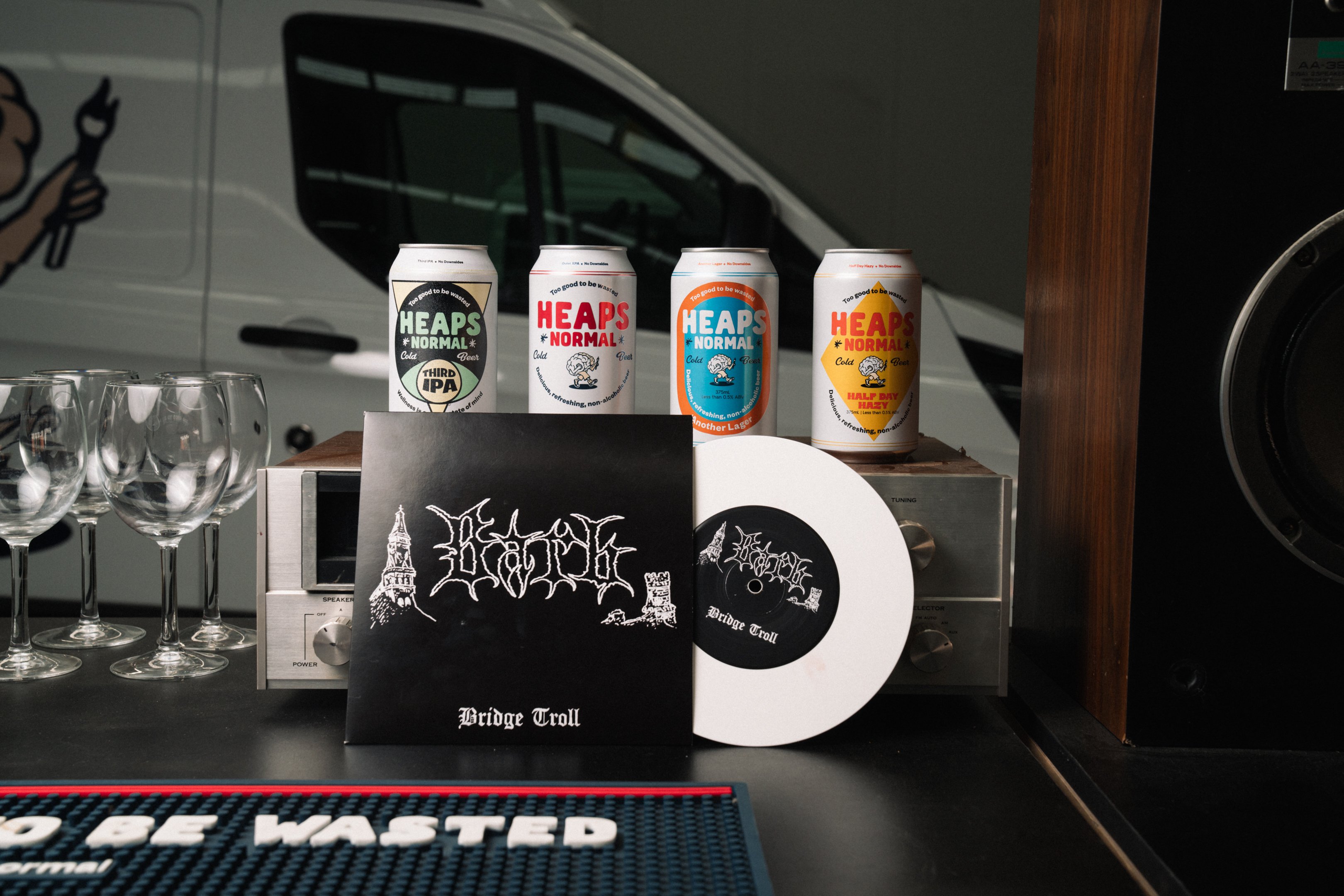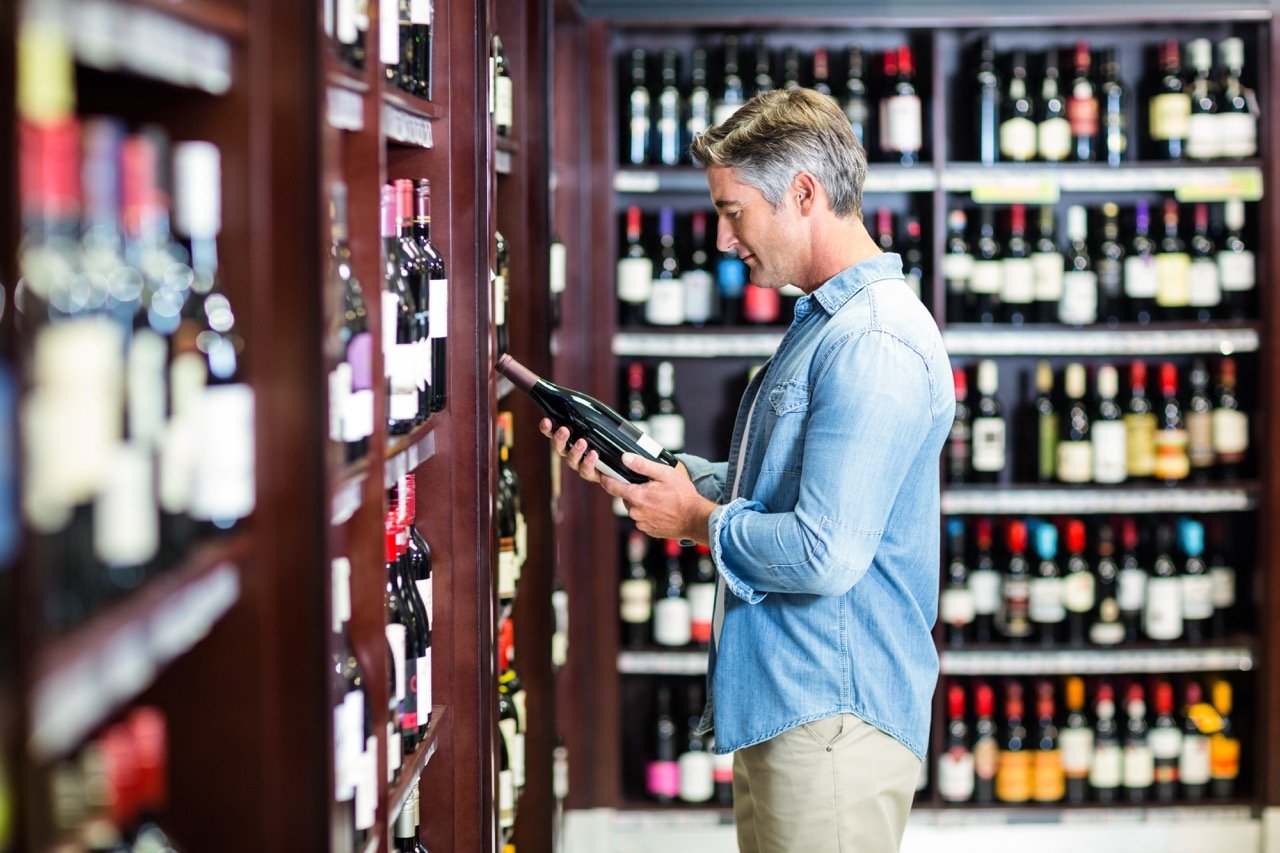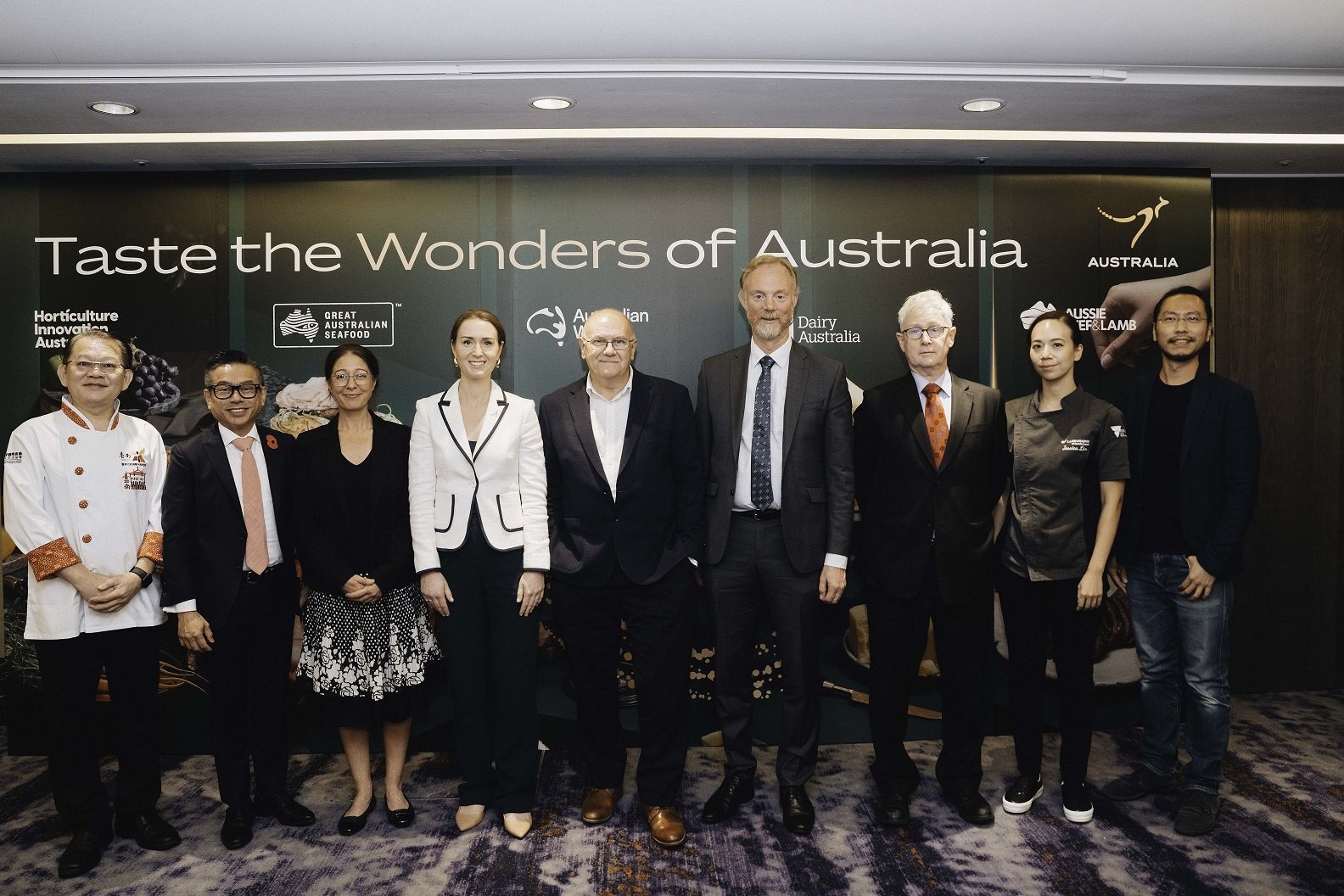A concerning trend of independent breweries facing severe debt has been clearly establishing itself nationwide. Since January 2023, the list of independent breweries that have been forced into voluntary administration has grown to include Ballistic, Dainton, Bad Shepherd, Wayward, Hawkers, Big Shed, Golden West, and Deeds, with the latter five falling under in the last few months alone.
Each of these breweries became unprofitable due to operational cost pressures and outstanding ATO debts. This has largely been driven by the industry not rebounding post-pandemic as was forecasted. It has also been caused by a combination of operational cost increases coupled with the growing competition of better-resourced 'own-brand' beers vying for the same market sector.
"They're producing more of their own brands… they'll make a new brand and it'll sit on the shelf in the craft fridge,” said Kylie Lethbridge, CEO at the Independent Brewers Association.
“We're really quite locked up in this country in regards to, you know, what we do have/what is left for independent craft. Once you rule out the supermarket chains, once you rule out the two largest breweries and you add Coopers in there, it leaves us a very small percentage of market share to access.”
As it stands, the labelling laws for alcoholic products are significantly less strict than those for food, something that has raised debate in the alcohol-removed vs alcohol alternative categories.
“We have some very loose labelling guidelines and if they are enforced, it's the ACCC that would enforce them… but they don't have a lot of resources to do enforcement,” said Lethbridge.
Ben Kooyman of Endeavour Drinks also believes that current labelling laws make it difficult for customers to discern true ownership of a product.
“Number one for me is I'd love to see all manufacturers in liquor declare highest level ownership,” he said.
“My strong opinion is that the likes of Coles Liquor and Endeavour Group use shelf business names to mislead and deceive consumers."
Peter Philip, founder of Wayward Brewing, also adds that competition from the larger breweries also puts pressure on the craft beer industry.
“It's a problem for the industry, but it's a difficult one to work out,” he said.
"I think a lot of people don't realise that 85% of the beer sold in Australia is owned by two Japanese multinationals; and those multinationals are, you know, multi billion dollar companies that have nearly unlimited access to resources and capital and make it pretty difficult for small players to compete."
“[They] hide the fact that there [product] is part of the ‘Mitsubishi Group,’ and people don't realise that 80% of the revenue and profits go offshore,” added Kooyman.
Independent craft breweries are also finding that the stronger bargaining power that their better-resourced competition has with retailers and distributors is adding to the imbalance.
“Certainly the power that they have makes it very difficult to compete when they can control shelf space and they can control margins a lot more than we can," said Philip.
“It's interesting because Australia loves duopolies and, you know, many industries in Australia are dominated by duopolies, but it's not really a healthy outcome because those retailers are playing two roles.”
Whilst Philip, Lethbridge, and Kooyman all consider competition to be healthy for the beer sector, they believe that current laws are going against consumer interests.
“I still think that one of the issues is the consumers don't understand how to recognise an independent product,” said Philip.
“So I think if you asked, you know, 10 consumers, most of them, the vast majority of them would say, yeah, I prefer to support local small businesses, however, they don't readily know how to view that.”
“They obviously enjoy getting the data off other suppliers' sales and quickly turn that into opportunities for a private label,” said Kooyman.
“There's lots of terms used for ‘craft washing’ but it's taking more shelf space in the retailers,” said Lethbridge.
In 2019, the IBA launched the Independent Brewery Seal in an attempt to help consumers distinguish between independent and non-independent beer.
“The idea was, you know, to look for the seal and that gives you an assurance that you are buying Australian, you are buying independent beer, supporting your local community; those that provide jobs and those whose taxes and profit stays in this country and [are] reinvested in those local communities, three quarters of which roughly are in rural and regional areas,” said Lethbridge.
“[It] is kind of that guarantee to consumers that they're buying an independently made independently owned product,” added Philip.
While the Seal has been received positively overall, Kooyman feels as though change will have to occur through at a governmental legislative level.
“We've made submissions to the government Food standard Australia, New Zealand, ACCC, and we will continue to do that,” he said.
"But here is an opportunity for them to review what they're doing; and they've got an opportunity, maybe (if they think that that's the right thing to do) to do it voluntarily.
“The funny thing is Food and Grocery Code of Conduct doesn’t cover liquor yet. The submission’s there even from The Law Society that liquor and alcohol should be included in the food and grocery codes.
“We'd love to see that. And we'd like to see Food Standards Australia, New Zealand, and the ACCC, encourage or mandate that highest level ownership is a thing.”
Share the content
